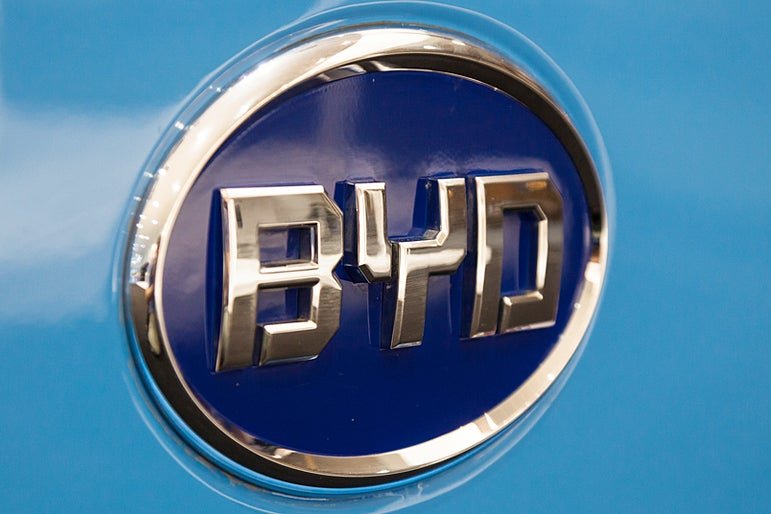Elon Musk, the CEO of Tesla Inc, recently found himself in a legal battle with lawyers who contested his $56 billion pay package at the electric vehicle company. The lawyers, representing Tesla shareholder Richard Tonetta, successfully challenged Musk’s compensation package, leading to its nullification by a judge in February.
However, the story took an interesting turn when the same lawyers requested Tesla shares worth $6 billion as payment for their efforts in contesting Musk’s pay package. Musk did not take this news lightly and took to social media to express his frustration. In a post on X (formerly Twitter), Musk called the lawyers “evil” and criticized the irony of their demand for such a high compensation package after contesting his own.
Musk also expressed his dissatisfaction with the legal system, calling it broken and urging companies to incorporate elsewhere besides Delaware. He has previously recommended Texas or Nevada as better options for company incorporation, claiming that it would benefit shareholders in decision-making processes.
The lawyers’ request for payment in Tesla shares, if approved by the judge overseeing the case, could make them among the 10 largest shareholders of the company. Musk is expected to appeal against the nullification of his pay package and may also challenge the fee request by the lawyers.
This legal battle highlights the complexities of executive compensation and corporate governance in today’s business world. It also sheds light on the power dynamics between CEOs, shareholders, and legal representatives in high-profile cases like this one.
As the saga continues to unfold, it will be interesting to see how Musk and Tesla navigate this legal challenge and what implications it may have for the future of executive compensation and corporate governance in the EV industry and beyond.





